Discover some of the coolest circular economy business ideas from Africa. Come get inspired!
How do circular businesses look like in Africa?
Africa has the ability to power the world into a circular future for three reasons: youth, tradition and development. Young people are the future, and Africa has the youngest population in the world. Traditionally, Africa has been a major source of the world’s raw materials and they have the ability to reform material supply chains. Finally, much of Africa is still developing. They can leapfrog the most destructive parts of development to a more sustainable level.
These are just a few reasons why we wanted to showcase circular economy solutions from Africa in the lead-up to WCEF2022.
We have gathered here some of the most exciting circular solutions from a list of more than 500 companies compiled by Footprints Africa, a non-profit organisation supporting the sustainable development of small- and medium-sized enterprises. We tried to pick a diverse group with different business models and industries.
Although many of these solutions are local in focus, they can inspire people all over the world in their own circular transition. Have a look and see for yourself!

What is it about?
Africa plays a critical role in the global transition to a circular economy. Sitra has compiled a list of inspiring solutions from Africa.
The solutions on the list have been sorted according to five different circular economy business models.
- Product as a service: providing services instead of products.
- Renewability: using renewable and recyclable materials as well as renewable energy in product design and manufacturing.
- Sharing platforms: maximising the use of goods and resources and extending their life cycles by using digital platforms for renting, selling, sharing and reuse, for instance.
- Product-life extension: using products according to their original purpose for as long as possible or enabling multiple instances of reuse through means such as maintenance, repair and refurbishment.
- Resource efficiency and recycling: material and energy-efficient solutions, and the collection and reuse of products and raw materials that have reached the end of their life cycle.
How was the list compiled?
- Identifying circular economy solutions from a list of more than 500 African business cases.
- A shortlist of 88 companies was compiled by Sitra.
- Inviting the shortlisted companies to explain their business in a survey.
- The 36 companies that responded to the survey were interviewed.
- The interviewed business cases were carefully assessed by Sitra’s and Footprints Africa’s experts, guided with the views of a panel of experts from Business Finland, Fetola and the Nordic Development Fund, to find the most relevant, inspiring and viable solutions with the most potential.
- Finally, the list of 12 inspiring and diverse solutions from Africa was compiled taking into account geographic diversity and representation of different circular economy business models and industries.
The project was supported by a steering committee that consists of Sitra’s international partners in the circular economy field.
Article series on Africa’s circular economy opportunities
Contact us
We’re happy to help you spread the word.

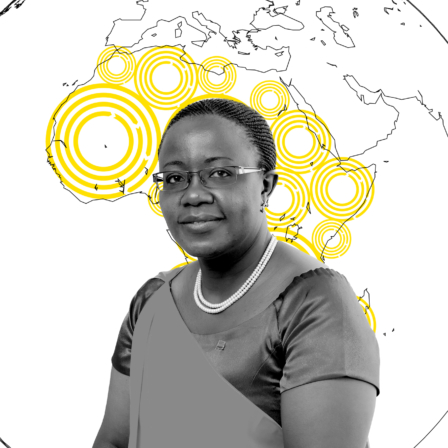
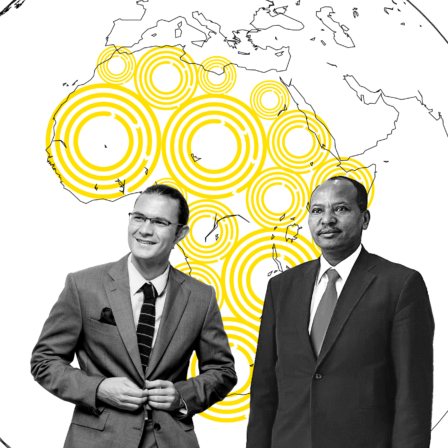
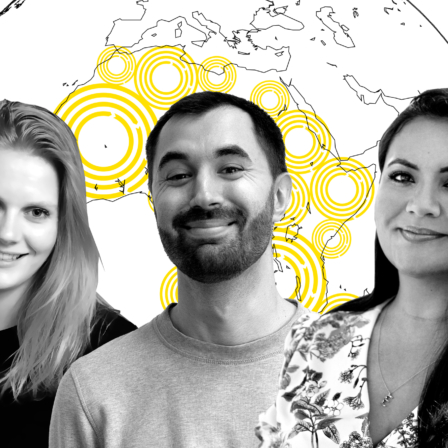
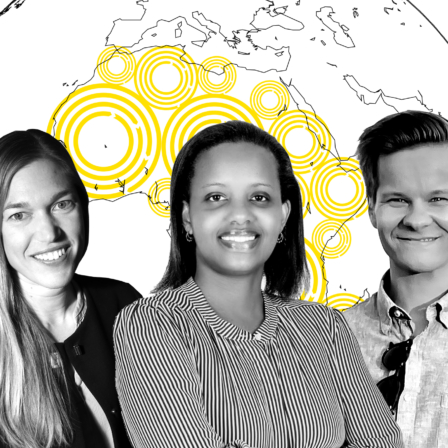
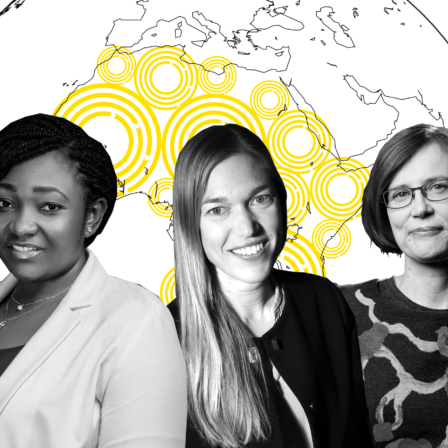


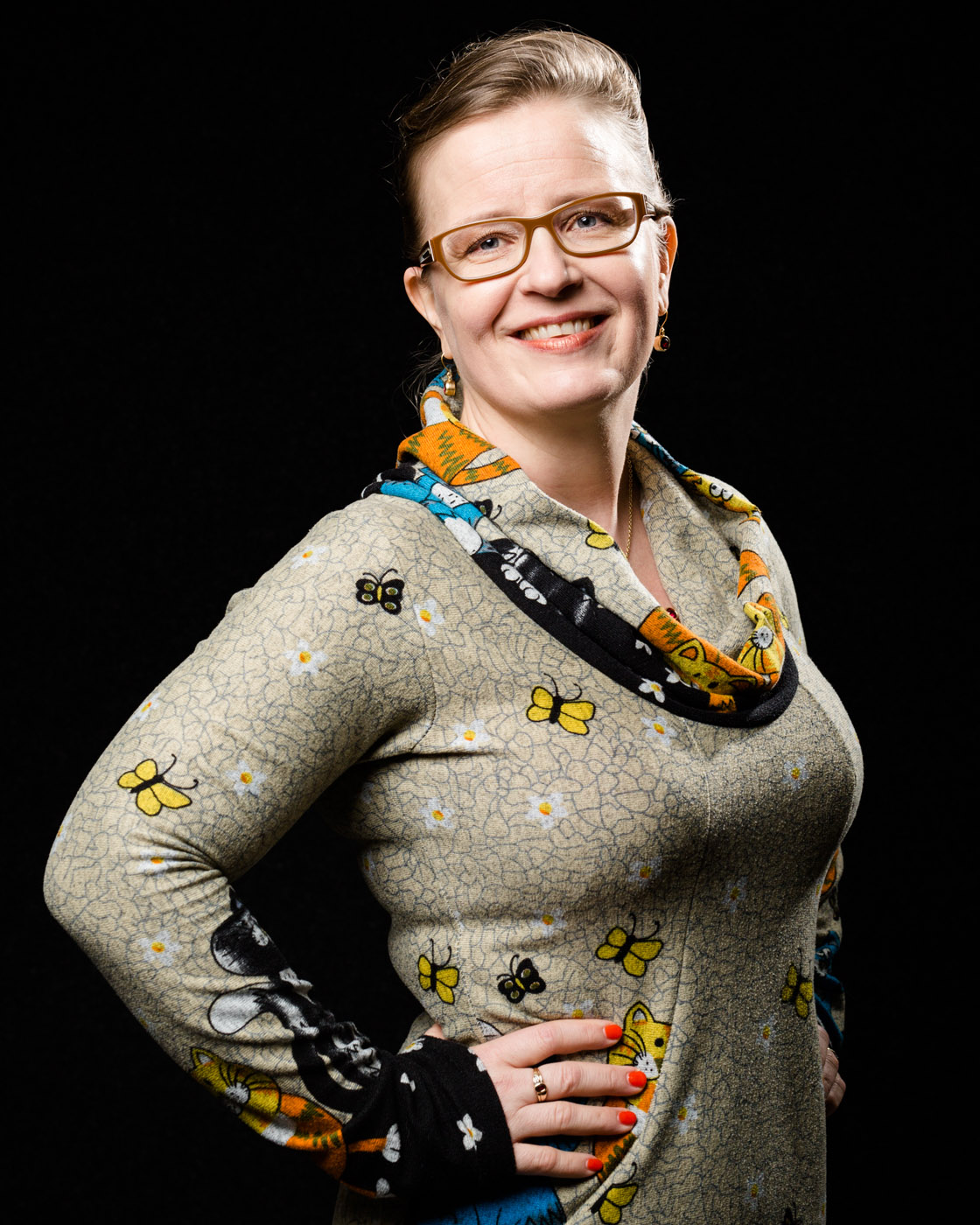
12 inspiring solutions from Africa
Check these out!